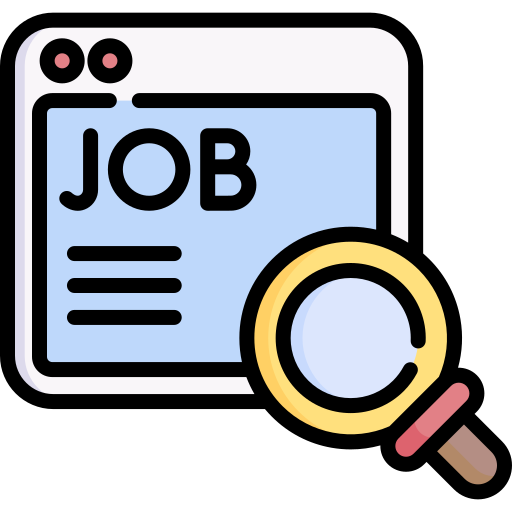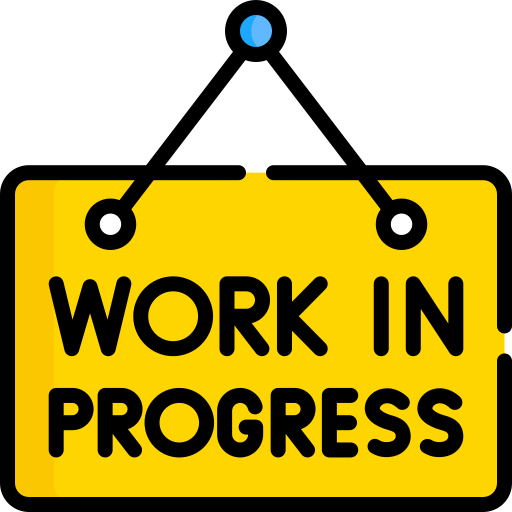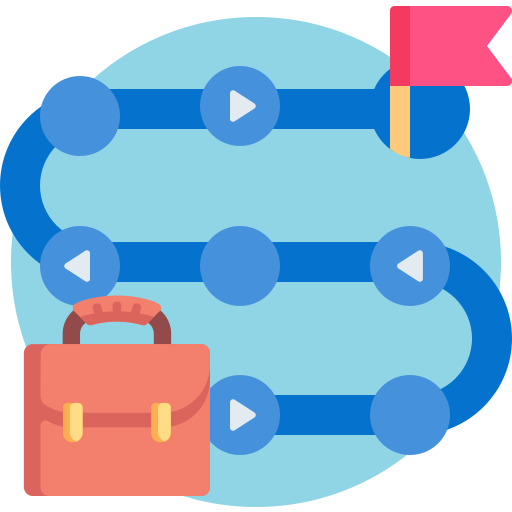Is it your dream to stay at the same entry-level job with the same pay until you can finally retire?

If not, that's understandable. Entry-level jobs can be great, but they are called entry for a reason. There is an entire world out there of opportunities, with better pay, better benefits, and more work-life balance, and one of the best ways to reach that tier of success is through career development.
Career development is a life-long process, but your first entry-level job is often where the journey begins.
So, whether you love your entry-level job or are looking for the nearest exit, career development can help you find the skills, opportunities, networks, direction, and career capital to move up the career ladder.
And today, you'll learn how to reach those next steps.
1. More Skills
Skill development is a huge component of career development. Learning to do new things helps you build a skillset that can lead to promotions or additional career paths.
Upskilling and reskilling are even more critical now, especially due to technological advancements. Most notably, Artificial Intelligence has and will continue to change the landscape of work, including the skills you need to stay competitive in an evolving job market.

To gain additional skills to develop your career:
Volunteer to take on work projects that allow you to learn something new.
Discuss your interest in career development opportunities with your supervisor.
Take skill development into your own hands and self-learn.
2. More Opportunities

After you start developing new skills, those skills can open doors to more opportunities.
Whether that is from your manager seeing your unique skills and assigning more projects for which you are now prepared, or being considered for different roles that might open up at your company for which you now have the skills.
3. More Networks
The opportunities you have to gain additional experiences could lead to more connections with people from different teams.
In entry-level roles, especially if you're earlier on in your career, building connections is essential but also not easy.
Connecting with people on your immediate team may be simpler, but you may not have many opportunities to work with other teams and departments. So, if you get an opportunity, network, network, network!
 Photo by Redd F on Unsplash
Photo by Redd F on UnsplashNetworks can begin to form even in everyday interactions, from things as simple as:
Receiving a LinkedIn request from someone you met at your company's career development and leadership event.
Meeting new colleagues during a project you collaborated on with another department.
Responding to a message you got from another department asking you for help.
4. More Direction

With the new skills you develop and the potential opportunities you start seeing, you may start growing or changing directions in your career.
You may begin noticing things you like and dislike about your work, which may make your career decisions, options, and path easier to navigate.
5. More Career Capital
Even in an entry-level job, if you focus on career development, you'll develop skills, experience, and networks that you can use to progress in your career.

This results in career capital that influences your career leverage and ability to grow.You'll secure more opportunities and better positions, job offers, benefits, flexibility, and autonomy in your work.

You can think of career capital like compounding interest — it may accrue slowly at first, but the more you put in, the greater your return.
Try It Out

Alex is an entry-level administrative assistant. He likes his company but doesn't enjoy being an administrative assistant. He wants to make more money, but doesn't feel qualified for any other positions.
In his first-year performance review, he does pretty well. Unfortunately, Alex didn't get a raise because it wasn't in the budget. He wasn't promoted to Administrative Assistant II because he still needed to meet the years of service requirement.

Alex is happy he did well in his performance review but feels like he is still in the same spot as he was when he first started at the job.

What is the best example of an approach Alex can take to gain career capital in his current position and open up more opportunities for career growth in the future?
A. Working late so his team can see he is a hard worker.
B. Listening to productivity podcasts and learning how to work smarter, not harder.
C. Improving his team's work processes with the knowledge from a seminar at work.
D. Improving his typing speed so he can save time when responding to emails.
Quiz
Select the best answer:
Take Action

Your feedback matters to us.
This Byte helped me better understand the topic.
